Current Section: model
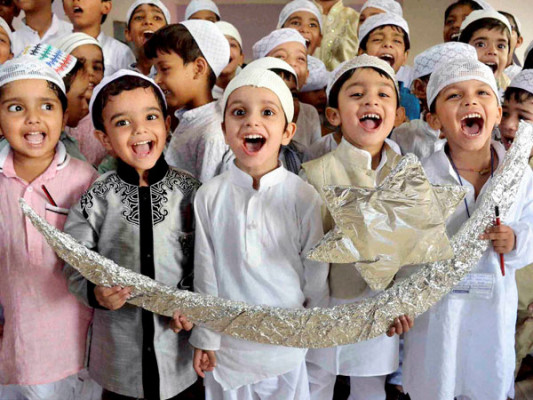
Lesson Eid al-Fitr and Eid al-Adha
Eid Al-Fitr
It is thew first day of the month of Shawwal, the tenth month of the Islamic calendar, and it comes after the completion of the last day of the month of Ramadan. For this reason it was named Eid Al-Fitr (the Festival of Breaking Fasting) and that is because the people act in worship to Allah by breaking fasting this day as they acted in worship to Allah by fasting Ramadan. So they celebrate with Eid in thanks upon the completion of Allah's grace and favor in that He eased finishing the fast of the blessed month of Ramadan for them. He Exalted said ﴾and that you should complete the period, and that you should magnify Allah for having guided you, and so that you may give thanks.﴿ [Al-Baqarah: 185]
What is legislated on the day of Eid Al-Fitr?
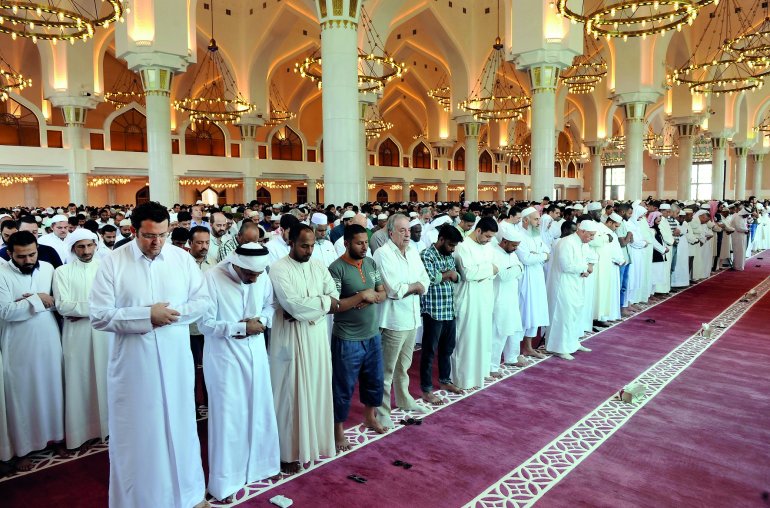


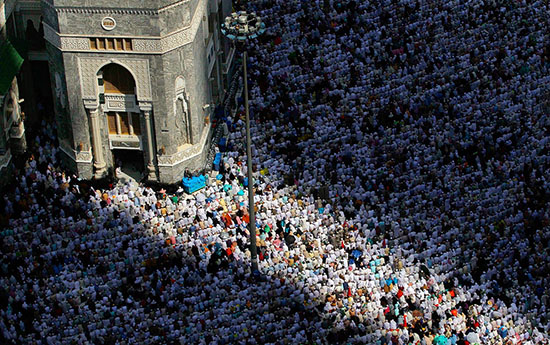
Allah obligated on they who own food in excess of what they need on the day and night of Eid that they extract the amount of a Saa' from the food of their land's people of rice, wheat, or dates for the poor and needy of the Muslims, so that there remains no one in need on the day of Eid.

From sunset of the last day of Ramadan until the Eid prayer. It is allowed to advance it before Eid by one or two nights.
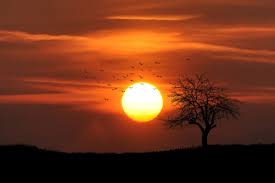
A Saa' of the staple of the land's people of wheat, rice, dates and the like. The Saa' is a measure of volume, however, determining it by weight is easier for precision in modern scales. In weight, it equals 3 kilograms.
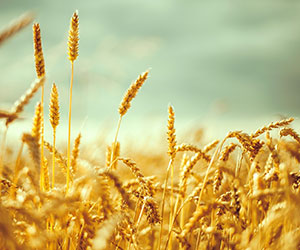
It is obligatory on who owns food in excess of what they need on the day and night of Eid, for themselves and for those who they are required to spend on like their wife and children. It is mustahab (rewardable) to extract it on behalf of the fetus in the mother's belly.

The Wisdom of Zakat Al-Fitr
The Messenger of Allah ﷺ mandated it as a cleansing for the fasting person from useless speech and obscenity, that is, a purification for the fasting person from mistakes and blunders, and a completion for what befell of shortcomings in the manners of fasting.
It is the second Eid for the Muslims. It comes on the tenth day of the month of Dhul-Hijjah (the twelfth month of the Islamic calendar). Many virtues have been gathered in it, among them:
_mrdk0ac.jpg)
1. It Is Among the Best Days of the Year
That is due to the best days of the year are the first ten days of the month of Dhul-Hijjah, as (the Prophet) ﷺ said «"There are no days in which righteous deeds are more beloved to Allah than these ten days». So they said "Oh Messenger of Allah, not even jihad (struggle) in the way of Allah?" So the Messenger of Allah ﷺ «Not even jihad in the way of Allah, except a man who went out with his soul and property, then did not come back from with anything» (Al-Bukhari 969, At-Tirdmidhi 757).
For in it are the greatest and most important acts of Hajj such as tawaf of the Ka'bah, slaughter the sacrificial animals, and throwing the Stone of Al-Aqabah.
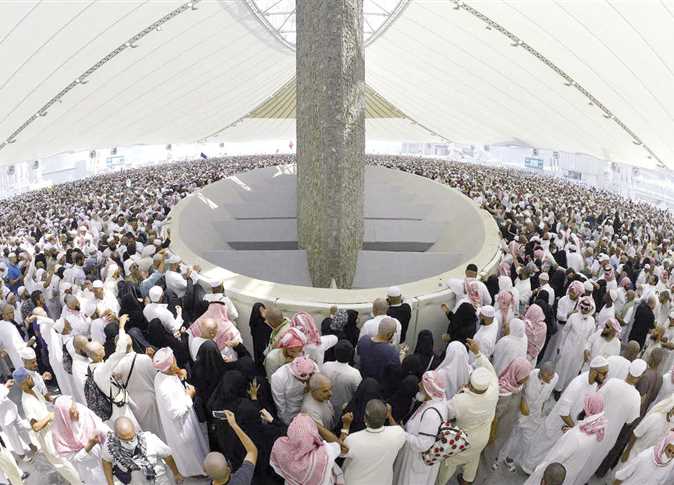
What is Legislated the Day of Eid Al-Adha?
It is legislated on the day of Eid Al-Adha for one not performing Hajj all that is legislated on the blessed Eid Al-Fitr, except Zakat Al-Fitr for it is specific only to Eid Al-Fitr. Eid Al-Adha is distinguished with the rewardability of Udhiyah (animal sacrafice) to get closer to Allah.
It is what is slaughtered of camels, cows, sheep, or goats to get closer to Allah on the day of Eid Al-Adha, from after Eid prayer until sunset of the thirteenth day of the month of Dhul-Hijjah. He Exalted said (So pray for your Lord and sacrafice) [Al-Kauthar: 2] and it has been explained as the Eid prayer and udhiyah.
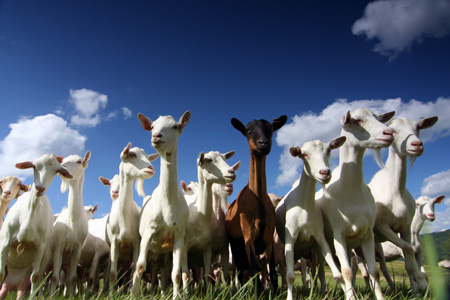
Its Ruling
It is an emphasized sunnah for the one able to do it, so the Muslim performs udhiyah for themselves and the members of their household.
It is legislated for those who want to perform udhiyah that they not take anything from their hair nor their nails and skin, from the confirmation of the sighting of the crescent of the month of Dhul-Hijjah and until the slaughter of the udhiyah.
Conditions of the Animal That is Sacrificed as Udhiyah
And they are sheep, goats, cows or camels. Udhiyah is not valid with other than those of animals or birds. A sheep or goat suffices on behalf of a man and his household and it is permissible that seven (men) share in one cow or one camel.
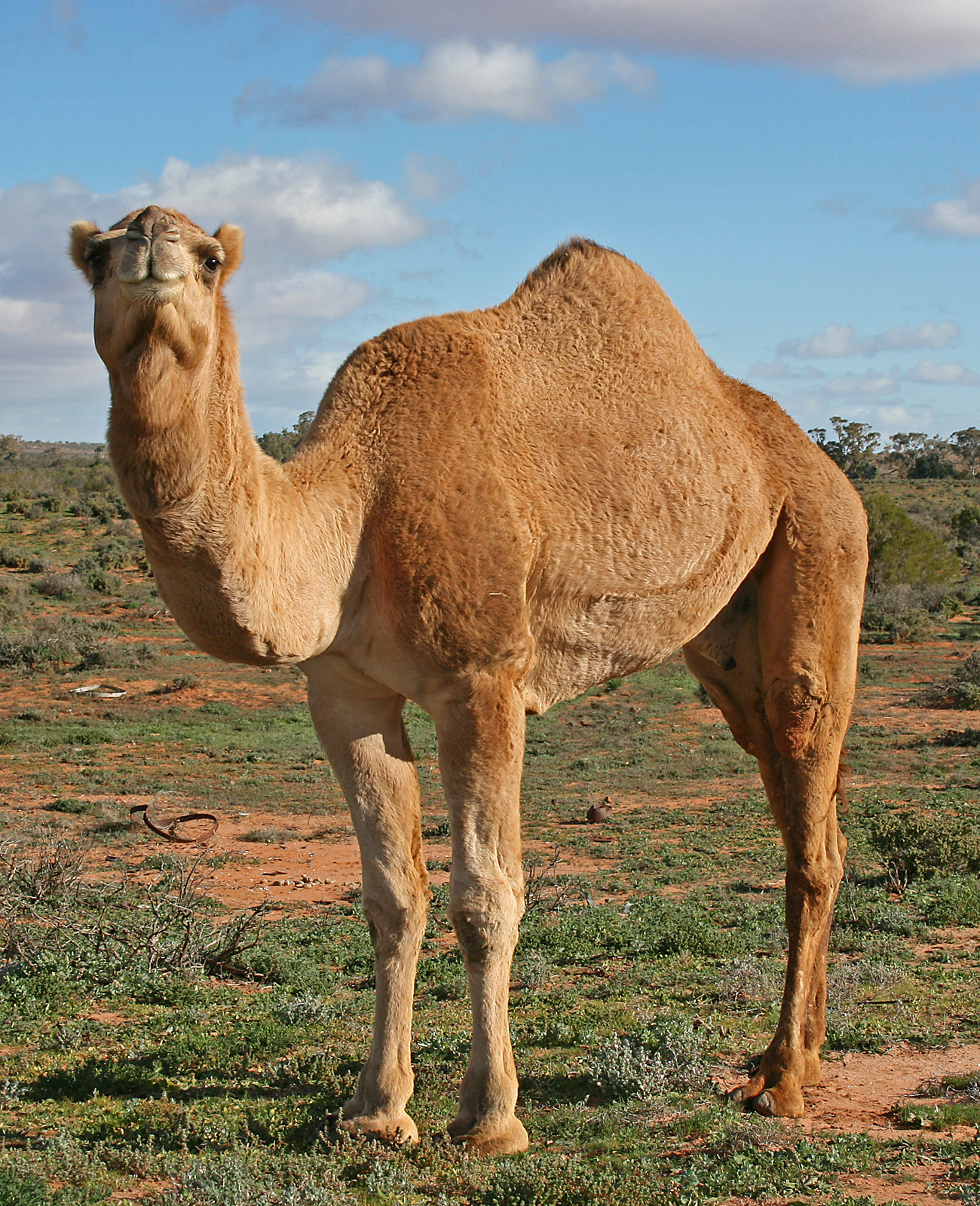
Reaching the Sought Age
The sought age is six months in sheep, one year in goats, two years in cows, and five years in camels.
The Animal Being Free of Obvious Flaws
(The Prophet) ﷺ said «Four that do not count as udhiyahs: The one-eyed animal that clearly has one bad eye: the sick animals that is obviously sick; the lame animal with an obvious limp; and the animal that is so emaciated that it is as if there is no marrow in its bones (one that is very thin)» (An-Nasa'i 4370, At-Tirmidhi 1497)


